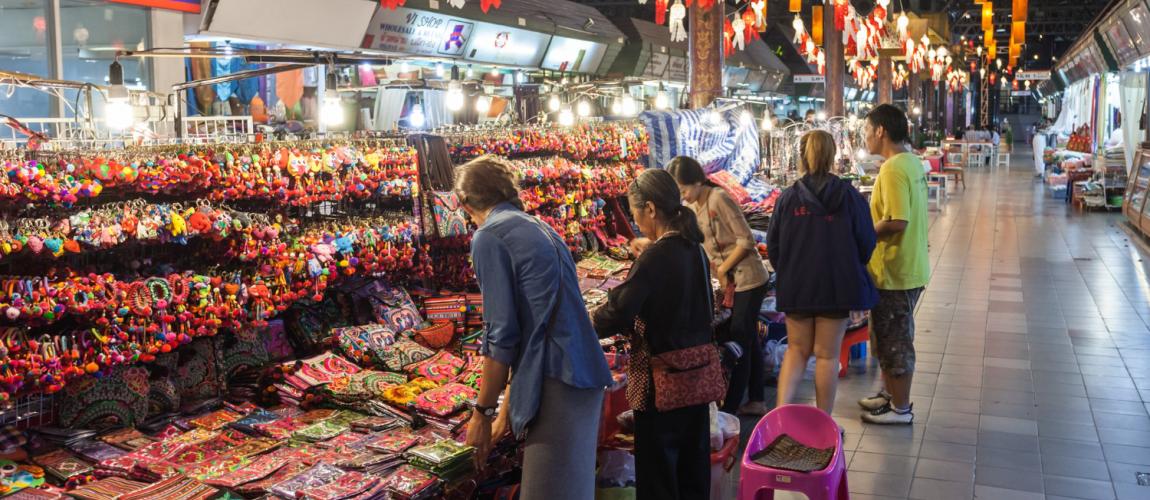Bocaue Public Market, Bocaue, Bulacan, Philippines

Photo Credit: Image by Freepik
On this page: Challenging Case: Bocaue Public Market, Bocaue, Bulacan, Philippines. Find more at the Municipal Public-Private Partnership Framework - Project Summaries section for brief summaries of around 100 projects from around the world, examples of successes and challenges, as well as innovative ideas on solutions, or visit the Guidelines to Implementing Asset Recycling Transactions Section Overview and Content Outline, or download Full Version of the Report.
Project Summary: Background As part of its broader development plan, the municipality of Bocaue, Bulacan decided to pursue the delivery of a public market through a PPP. Project Structure The project consisted of two parts: (1) the public market, with an investment cost of around USD 1.2 million; and (2) a commercial center, with an investment cost of around USD 3.8 million. It was intended that the revenue generated from the commercial center would be sufficient to subsidize the low-cost tenants of the public market. The municipal government received assistance from the USAID-funded Build-Operate-Transfer (BOT) III Project for the preparation of tender documents, conducting the bidding, and finalizing the contract. After a competitive bidding process, the municipality entered into a build-transfer contract with Meditech on 24 March 1998 to complete the first part of the project, the public market. Construction of the public market began in November 1998 and was completed in July 1999. However, local vendors refused to occupy the new market building, citing the following objections: High rental fees; Small stall spaces, particularly in the wet market; Lack of ventilation inside the building resulting in high temperatures; and Suspicions that the building was structurally unsafe. Consequently, the municipality and Meditech were dissuaded from pursuing the projects second phase, construction of the commercial center, in large part due to the numerous problems encountered in the public market component. Lessons Learned This case highlights the importance of involving and assuring stakeholder buy-in as early as possible in the project development process, as this is essential for the sustainability of the project. In this case, neither the municipality nor Meditech engaged with the prospective tenants during the project development process, which contributed to a number of misconceptions and objections by the prospective tenants after the market was completed.1 Footnote 1: Case source: https:// think-asia.org/bitstream/ handle/11540/6806/ philippines-ppp-lgus. pdf?sequence=1 accessed on June 24, 2019.
This is a new section of the PPPLRC website and is currently in draft form. Your feedback is welcome: If you would like to comment on the content of this section of the website or if you have suggestions for links or materials that could be included please contact us at ppp@worldbank.org.
To find more, visit the The Municipal Public-Private Partnership Framework - Project Summaries section, the Guidelines to Implementing Asset Recycling Transactions Section Overview and Content Outline, or download Full Version of the Report.
Updated: March 9, 2024